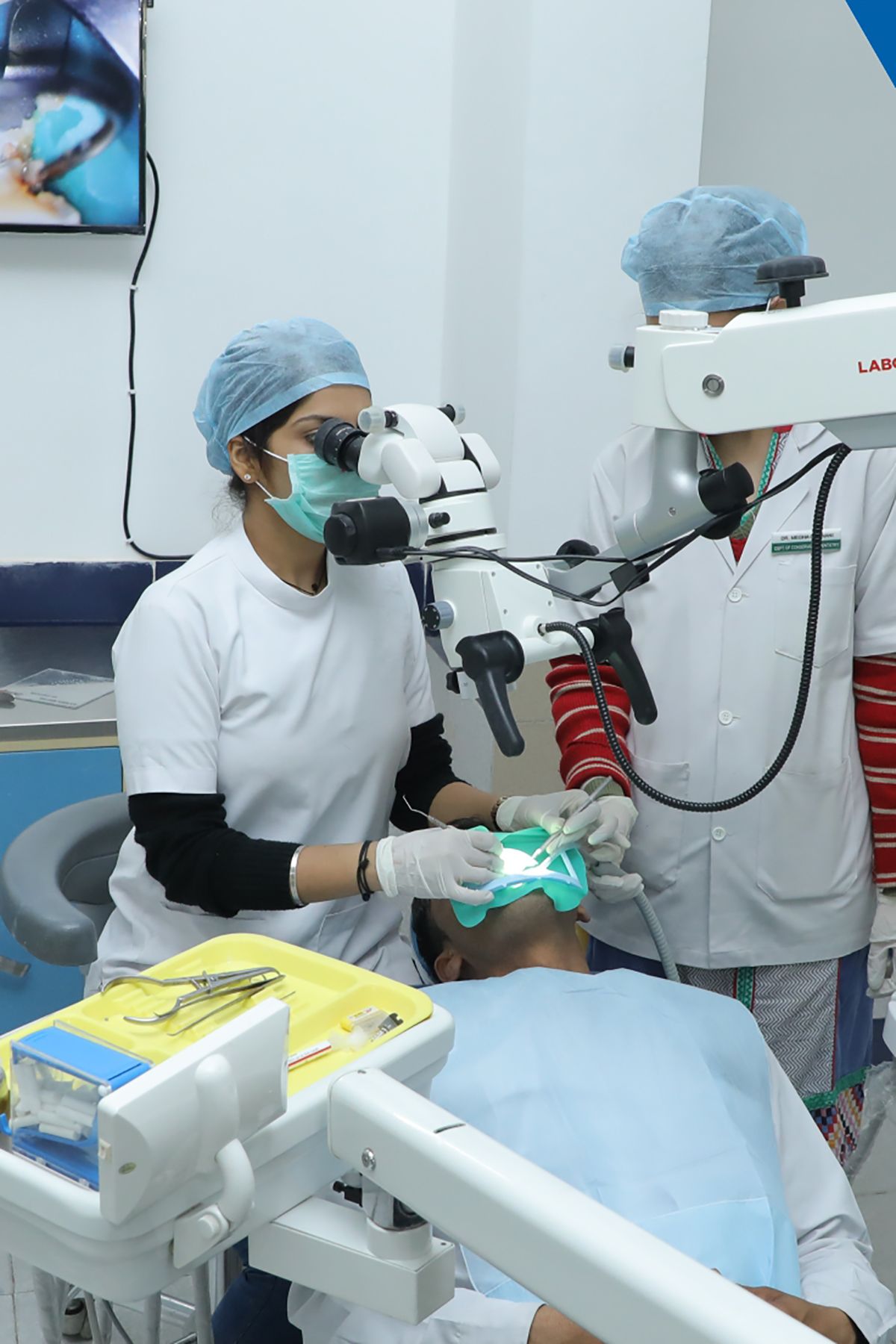Oral Surgery
Oral surgery refers to any surgical procedure that is performed on the mouth, teeth, gums, or jaw.
Make an Appointment
Online Schedule
Surgery with a gentle touch, for a smile you'll love
Transforming smiles with advanced surgical techniques and unleashing the potential of your perfect smile
Oral surgery refers to any surgical procedure that is performed on the mouth, teeth, gums, or jaw. It is typically done by a specialized dentist called an oral surgeon or maxillofacial surgeon.
Some common oral surgery procedures include:
- Wisdom teeth removal: This procedure involves surgically removing one or more of the third molars (wisdom teeth) that are causing problems, such as pain, swelling, infection, or crowding of other teeth.
- Dental implant surgery: This procedure involves placing an artificial tooth root (implant) into the jawbone, where it fuses with the bone to provide a stable base for a replacement tooth or bridge.
- Jaw surgery (orthognathic surgery): This procedure is used to correct misaligned jaws that cause functional problems, such as difficulty chewing, speaking, or breathing, or aesthetic problems, such as a receding chin or protruding jaw.
- Biopsy: This procedure involves removing a small piece of tissue from the mouth, which is then examined under a microscope to determine if there are any abnormal or cancerous cells.
- Gum surgery (periodontal surgery): This procedure is used to treat gum disease by removing infected tissue and reshaping the gums to reduce pocket depths and promote healing.
- Apicoectomy: This is a root-end surgery that is performed when a tooth has an infection that cannot be treated with a root canal. The tip of the tooth root is removed, and the root canal is filled to prevent further infection.
- Cleft lip and palate surgery: This procedure is used to repair a congenital defect in which the lip or palate fails to develop properly, resulting in a gap or opening.
It's important to note that oral surgery procedures can vary widely in terms of complexity and recovery time. It's best to discuss your specific situation with your dentist or oral surgeon to determine the best course of treatment for you.

Our Doctors Meet Our Dental Specialists
Your dental health is in outstanding hands with the dental specialists at the Brar Dental Clinic and over the course of many years.
Make an Appointment
Online Schedule










